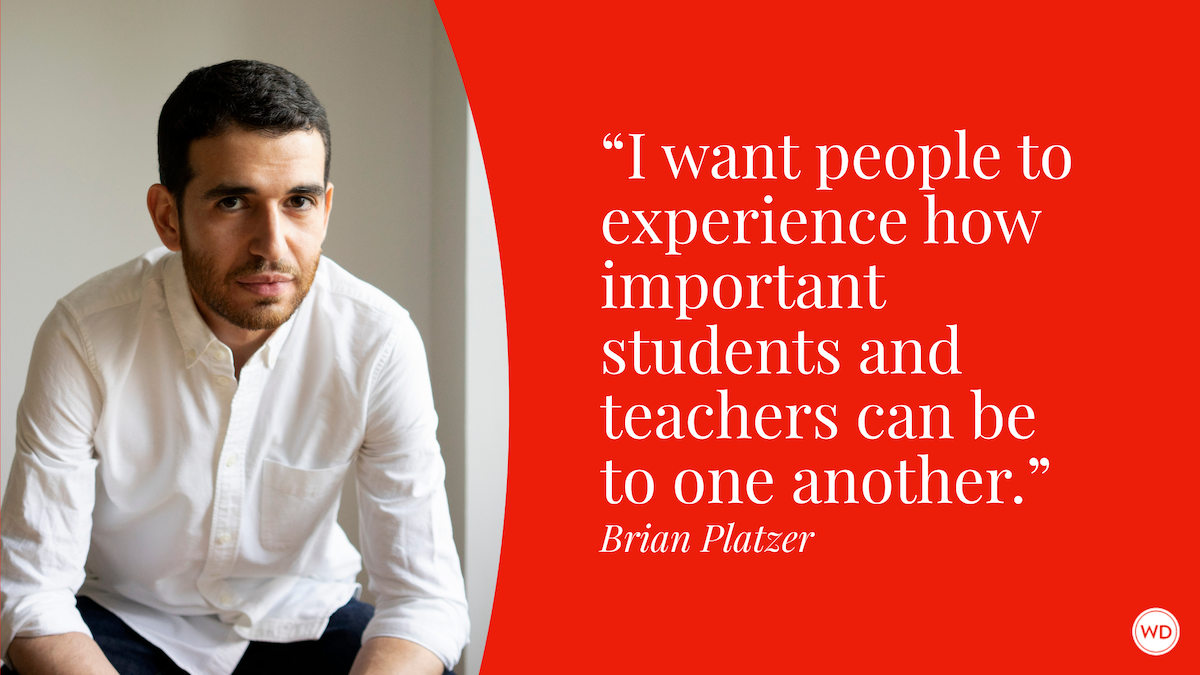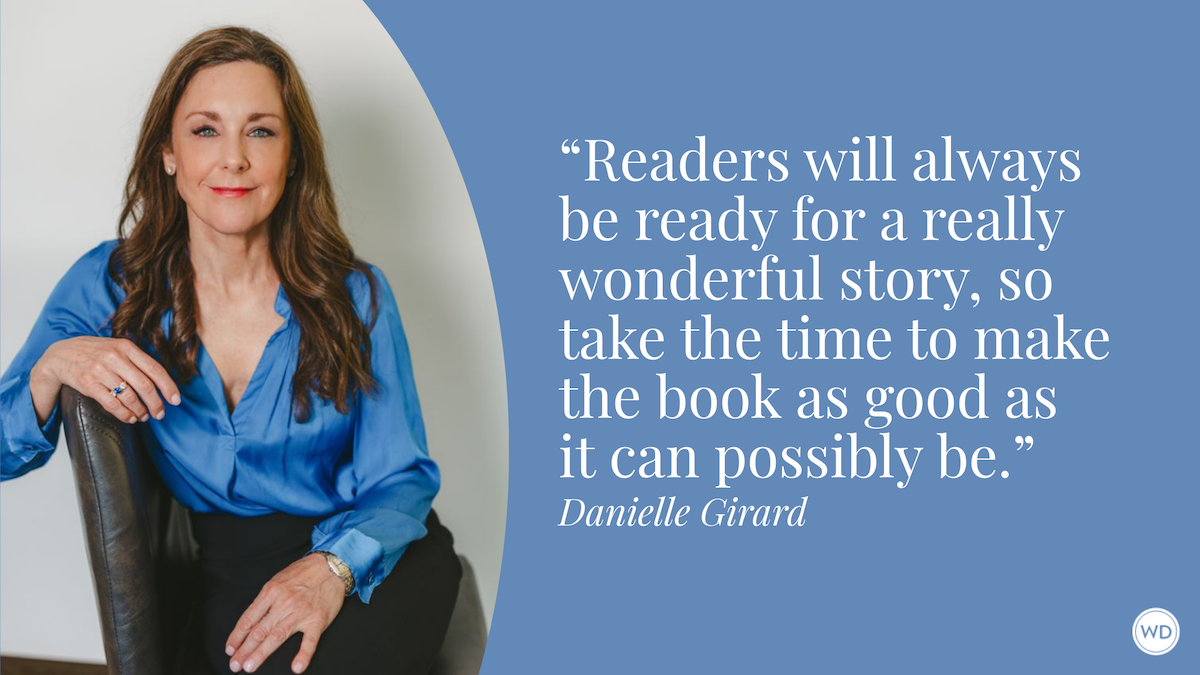Leslie Lutz: Letting Go to Find Writing Success
In this author spotlight, Leslie Lutz, author of Fractured Tide, shares her experience of rewriting the middle of her novel, learning to let go of writing that doesn’t work, and more.
Leslie Lutz is the author of Fractured Tide (HarperCollins/Blink) as well as a devoted fan of scuba diving and creature horror. Her writing has appeared in various journals, including Orca Literary Journal, Kaaterskill Basin Literary Journal, Typishly, Number One, The Lyric, and Raintown Review.
She lives in Fort Worth and is a member of International Thriller Writers, Horror Writers Association, Editorial Freelancers Association and the DFW Writers’ Workshop, and has been a speaker at the DFW Writers’ Convention. She draws on her volunteer experiences—including her time teaching GED courses at the Atlanta Women’s Prison—to tell stories that challenge stereotypes about forgotten people.
Fractured Tide won the 2018 Frisco First Chapter Contest
Learn more at lesliekarenlutz.com.
In this post, Lutz shares her experience of rewriting the middle of her novel, learning to let go of writing that doesn’t work, and so much more.
Name: Leslie Lutz
Literary agent: Amy Bishop of Dystel, Goderich, and Bourret
Book title: Fractured Tide
Publisher: Blink, imprint of HarperCollins
Release Date: May 5, 2020
Genre: YA Thriller
Previous titles: Starfish and Summer Bird Blue
Elevator pitch for the book: After a sea monster attacks a scuba charter, expert diver Sia and three other survivors find themselves shipwrecked on a time-bending island somewhere in the Florida Keys. Sia must use her dive skills—and face her worst fear—to find a way home.
What prompted you to write this book?
I love diving, but because I live pretty far away from the ocean, writing a scuba diving book is the only way I can get in the water every day (at least mentally). I’ve always been attracted to survival stories, whether it’s in a dystopia like Panem or in the Alaska wilderness, so I knew I wanted to put the main character’s mettle to the test.
Finally, I wrote the story as a letter from the main character to her incarcerated father because it allowed me to tell two stories at once—the survival story of four young people trapped on an island, and the intimate family story of a girl and her father.
How long did it take to go from idea to publication?
I started this in 2016 as a sort of campy B-horror movie with a big beastie in it, crafting it as a longer version of Stephen King’s famous short story, “The Raft.” I got 100 pages in and hated it. I chucked those pages and started over, setting the story in Paris this time. The diving happened off the beaches of Normandy in sunken WWII vessels, and there were LOTS of Nazi ghosts. It was closer to the tone I wanted, but 40 pages in, I stalled out again.
I happened to be reading Cloud Atlas around that time, and one of the interconnected stories in that fabulous novel is a letter from the POV character to a friend. That’s when it hit me: My entire novel would be a kind of message in a bottle, but that message wouldn’t be directed to just anyone who picked it up off the beach. It would be a story directed at one person—the main character’s incarcerated father.
I started again, and it felt right. Sia’s desperation to communicate with her dad colored the tone and the content, and I really loved being in the story.
Were there any surprises or learning moments in the publishing process for this title?
I was so pleasantly surprised with how friendly and accessible the folks are at HarperCollins (Blink). I’ve also been happy with the amount of marketing support I’m getting. I’ve heard a lot of authors with Big Five publishers feel they have to do most of the marketing themselves, and that hasn’t been the case for me.
Were there any surprises in the writing process for this book?
I learned that the middle is a tough place to lose your footing. I needed to give a sense that the characters are being worn down by their time on the island, but I didn’t want the reader to be worn down reading it. I had to rewrite the middle of Fractured Tide many times until I got the right amount of daily survival, action, and emotional ups and downs.
What do you hope readers will get out of your book?
First of all, I hope they enjoy the escape. There’s a sea monster, thrilling diving sequences, and love, sweet love. Lord knows we need some escape from these troubled times. As for the meatier stuff, I hope readers learn something about the process of coming to terms with the parent you have, rather than the parent you wish you had. Sia also has to let go of her false belief that a sheltered childhood makes you a better person; I think a lot of readers will relate to that part of her journey.
If you could share one piece of advice with other authors, what would it be?
Write often. I won’t go so far as to say you have to write every day, but I do think you need to make this a part of the texture of your life, something that you do on a regular basis, like a workout schedule.
Then, learn to let go. Let go of old drafts that aren’t going anywhere, or scenes that don’t work. Don’t spend months tweaking a fundamentally flawed project when you can move on to the wonderful new projects that are percolating in your head. The “you must start what you finish” attitude—although admirable—can actually be a pitfall, because it prevents you from taking a necessary course correction when you need it.
If you’re an author who would like to be featured in a future post, send an email to Robert Lee Brewer with the subject line “Author Spotlight” at rbrewer@aimmedia.com.








